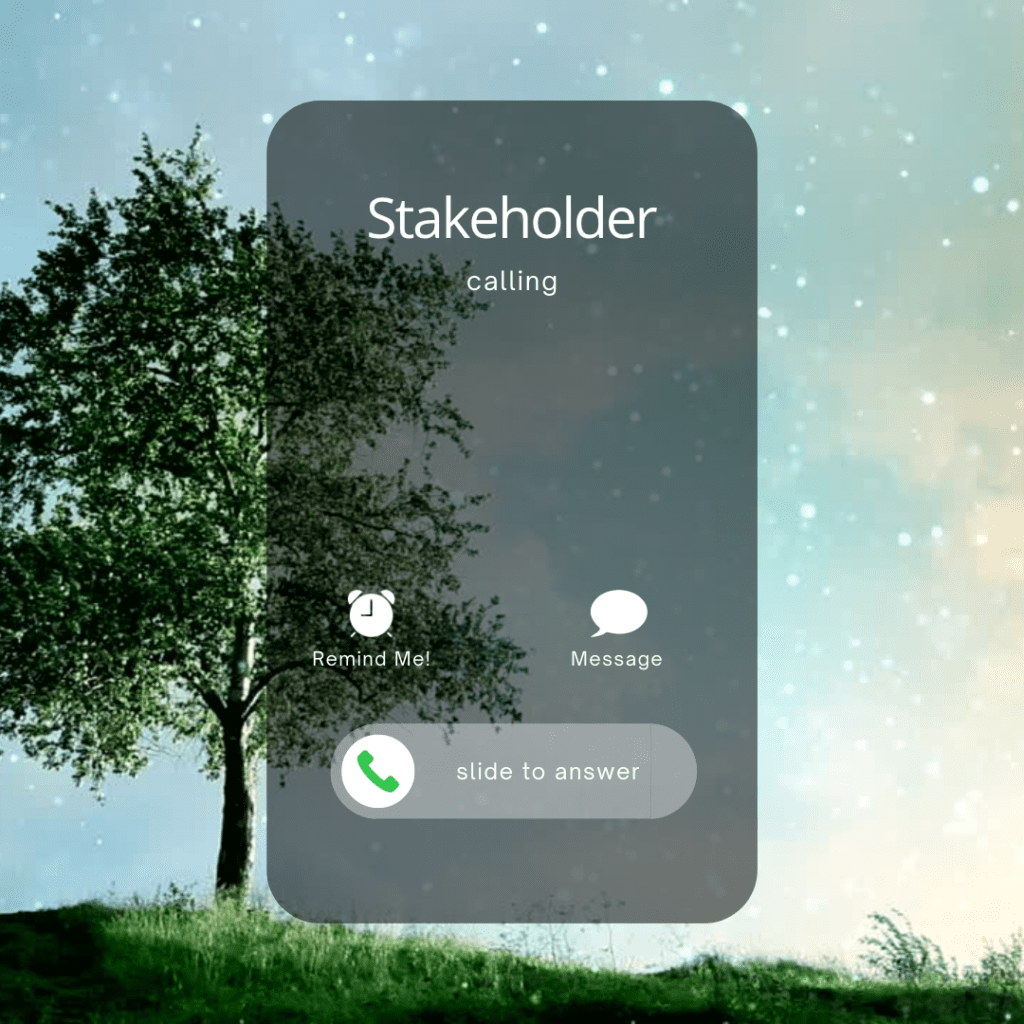As a Product Owner, my career journey has been enriched by a multitude of skills and experiences. Of these, one aspect has significantly shaped my professional relationships – the art of building authentic relationships, especially with stakeholders. Today, I want to share my insights on the significance of this aspect, why you should nurture it, and practical ways to do so.
The Power of Authenticity in Stakeholder Engagement
In our fast-paced professional world, interactions can often seem transactional, particularly with stakeholders. But let’s pause and reflect: when was the last time you truly connected with a stakeholder, moving beyond the confines of business metrics to genuinely understand their concerns and perspectives?
Authentic, value-centric stakeholder dialogue isn’t merely a ‘good-to-have’ asset; it’s a strategic tool that can radically redefine your professional relationships and escalate your career trajectory. Here’s why:
1. Trust: Authenticity promotes trust. When stakeholders perceive you as genuine, they’re more inclined to engage with you, which catalyzes effective collaborations and decision-making.
2. Understanding: Authentic conversations pave the way for a deeper understanding of stakeholder needs. This understanding fuels effective decision-making and problem-solving, demonstrating that their insights are impactful.
3. Resilience: Authenticity strengthens relationships, making them resilient and substantive. Relationships built on mutual respect and understanding can navigate challenges and yield meaningful rewards.
Cultivating Authenticity: Practical Steps
How do we imbibe authenticity in our stakeholder interactions? Here are some actionable steps to embark on this transformative journey:
1. Do Your Homework: Understand your stakeholders’ context, needs, and concerns before you engage with them.
2. Discard the Script: Encourage open dialogues. While preparation is crucial, over-reliance on a script can impede genuine conversations.
3. Practice Active Listening: Exhibit genuine interest in stakeholders’ viewpoints and feedback. Communication is as much about listening as it is about speaking.
4. Express Empathy: Acknowledge and validate stakeholders’ perspectives. This empathetic approach is integral for fostering authentic relationships.
5. Maintain Connection: Authenticity extends beyond formal interactions. Continually engage in dialogues after meetings to nurture and grow these relationships.
Authenticity in Action: A Personal Experience
As a Product Owner, and in my previous roles in business development and sales analytics, I’ve personally witnessed the transformative power of authenticity in stakeholder interactions. During a routine meeting with stakeholders, I experienced a shift in conversation dynamics.
Instead of sticking to the conventional path, I chose a different route. I decided to foster an environment that welcomed open, candid feedback. The discussion moved from mere data points to an insightful exploration of real, ground-level issues. This shift towards open, value-based dialogue was eye-opening. It guided us towards more informed, effective decisions.
This encounter solidified my belief in the power of authenticity. It served as a reminder that authenticity isn’t just about personal integrity, but also about acknowledging and appreciating the authenticity in others.
Stepping Forward
I urge you all to make authenticity a significant part of your interactions. It’s not an isolated skill; it’s an integral component of your career toolkit that enhances and amplifies your other skills.
Embrace authenticity. Let it guide your stakeholder dialogues. Let it fortify your professional relationships. Let it drive improvements that set you on a successful path. Authenticity is an opportunity to make a difference, so take the leap, be genuine, and watch this fundamental shift in approach propel you to new heights.






Responses